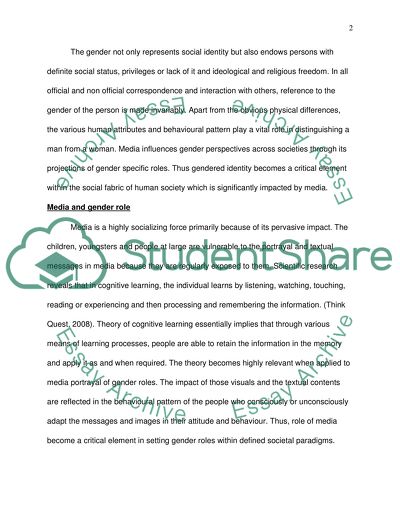Cite this document
(“How important is the media in setting gender roles Essay”, n.d.)
Retrieved from https://studentshare.org/gender-sexual-studies/1411786-how-important-is-the-media-in-setting-gender-roles
Retrieved from https://studentshare.org/gender-sexual-studies/1411786-how-important-is-the-media-in-setting-gender-roles
(How Important Is the Media in Setting Gender Roles Essay)
https://studentshare.org/gender-sexual-studies/1411786-how-important-is-the-media-in-setting-gender-roles.
https://studentshare.org/gender-sexual-studies/1411786-how-important-is-the-media-in-setting-gender-roles.
“How Important Is the Media in Setting Gender Roles Essay”, n.d. https://studentshare.org/gender-sexual-studies/1411786-how-important-is-the-media-in-setting-gender-roles.


